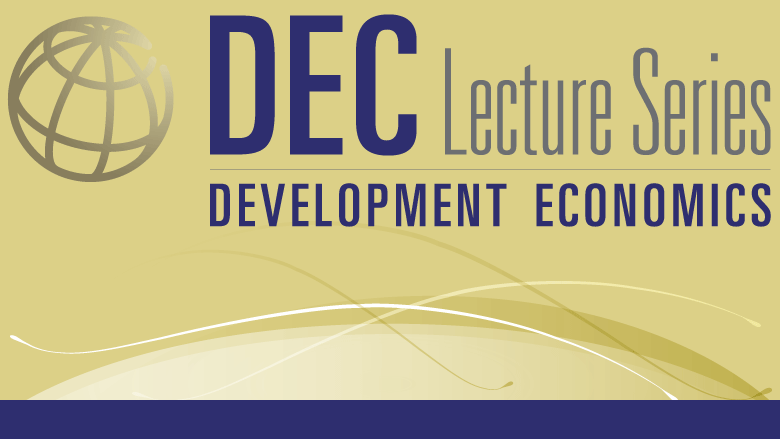
Politicizing Inequality: The Power of Ideas
October 22, 2018
Washington, DC

-
Alice Evans researches how to improve workers’ rights in global production networks. She is currently writing a book on “Corporate Accountability: Causes and Consequences” (OUP). This examines: why some countries have made businesses liable for abuses in their global supply chains; the impact of such legislation; and the pathways to multilateral regulation. Through this comparative study, Alice investigates the move towards regulated globalization. She has published on: the politics of pro-worker reforms; the causes of falling inequality in Latin America; social movements; rising support for gender equality; cities as catalysts of social change; and the impact of the MDGs. A key insight of her work is that social change accelerates when we see that others are changing. She is a Lecturer at King's College London, a Research Associate at Harvard, with previous appointments at Cambridge and the LSE.
-
A contemporary challenge is inequality. This paper illustrates why ideas matter, and how they can change over time. Inequalities are reinforced when they are taken for granted. But this can be disrupted when marginalized people gain self-esteem; challenge hitherto unquestioned inequalities; and gain confidence in the possibility of social change. Slowly and incrementally, social mobilization can catalyze greater government commitment to socially inclusive economic growth. This is illustrated with ethnographic research from Latin America, where income inequality has recently declined. Clearly, however, no single paper can provide a comprehensive account of political change in an incredibly diverse region. By highlighting some ways in which ideas matter (and the limitations of alternative hypotheses about increased fiscal space and democratization), this paper merely seeks to persuade political economists to go beyond ‘incentives’. Future efforts to tackle inequality might harness the power of ideas: tackling ‘norm perceptions’ (beliefs about what others think and do); publicizing positive deviance; and strengthening social movements.
-
The Development Economics Vice Presidency (DEC) launched its lecture series in April 2005 to bring distinguished academics to the Bank to present and discuss new knowledge on development. The purpose of the Lecture Series is to introduce ideas on cutting edge research, challenge and contribute to the Bank's intellectual climate, and reexamine current development theories and practices. The Lectures revisit issues of long-standing concern and explore emerging issues that promise to be central to future development discourse. The Lecture Series reflects DEC’s commitment to intellectual leadership and openness in embracing future challenges to reduce poverty.
The DEC Lecture Series is chaired by Shanta Devarajan, Acting WBG Chief Economist and Senior Director, Development Economics, and includes a presentation and floor discussion.
Please visit DEC Lecture Series to access additional information about this event series as well as presentation materials from past talks.
Lecture Details
- Date: October 22, 2018
- Time: 12:30 – 2:00 PM
- Venue: MC 2-800